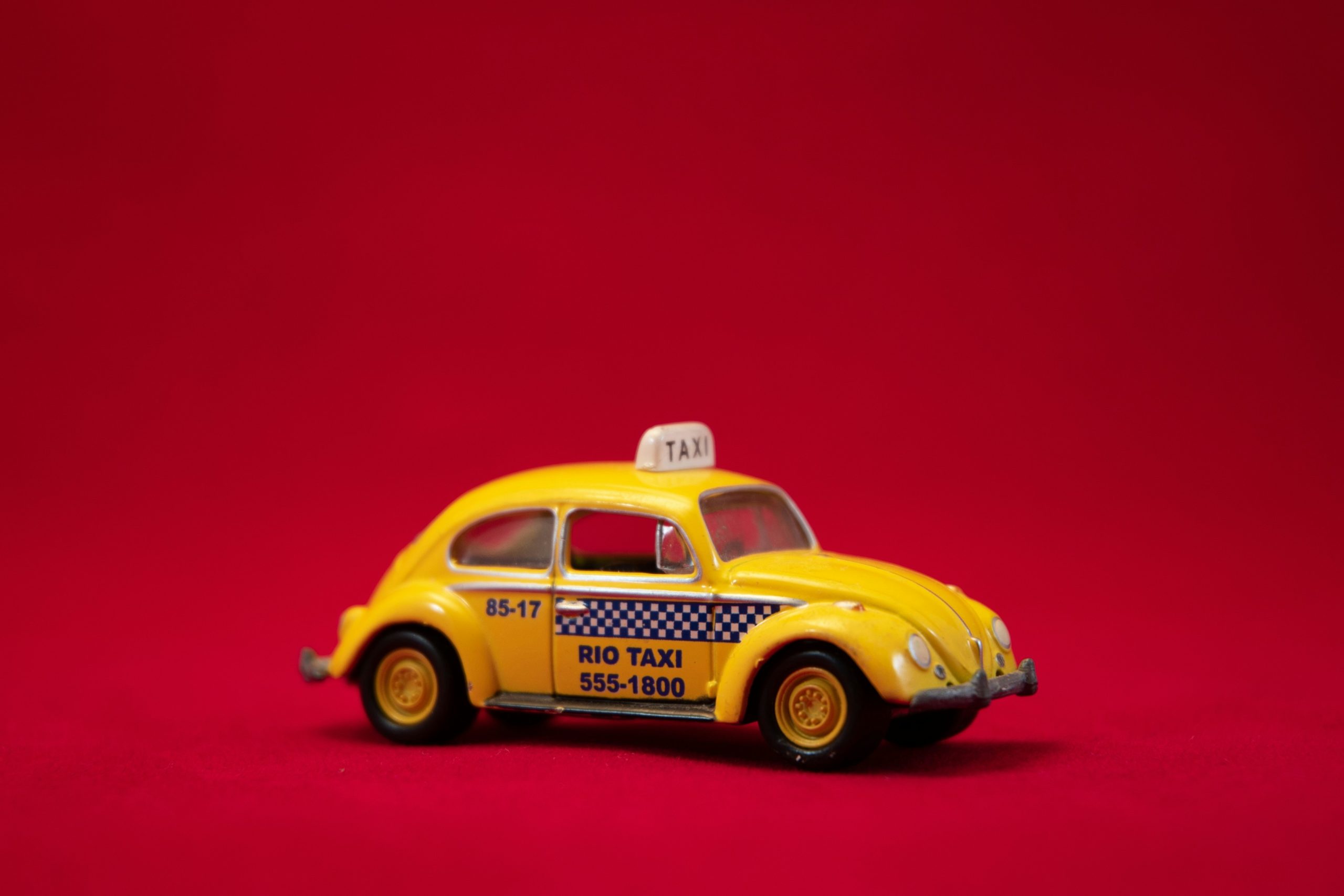Uber and Bolt drivers begin five-day strike and demand inclusion in pricing decisions

Ride-hailing drivers in Kenya began a five-day strike on Monday to demand fair pay and the abolition of value added tax. At the end of the first day, they marched to the National Transport and Safety Authority (NTSA) office. The strike comes 10 months after the transport ministry forced Bolt and Uber to cut their commission to 18%.
Drivers want to be included in Uber and Bolt’s pricing decisions and believe they are entitled to this inclusion because they pay for expenses such as insurance and parking.
“The person who sets the prices does not bear the cost of running the business,” said Zakaria Mwangi, secretary general of the Digital Taxi Association of Kenya. “Ultimately, the taxi apps determine the cost of each ride, not the drivers.”
They also criticize the platforms for collecting taxes. “The taxi apps take 18 percent commission from the fare and then deduct the taxes on this commission from the driver’s income,” says Mwangi.
However, these taxes are paid to the state and do not belong to the mobility companies.
At a meeting in Nairobi on Sunday, the drivers said they would no longer bear the operating costs of their companies as long as “the app companies continue to collect their guaranteed income.” They called this an unfair business practice.”
Bolt said they were aware of the drivers’ strike and respected their right to peaceful demonstrations.
“We are committed to ongoing engagement and collaboration with driver partners,” Bolt said in a statement to TechCabal, dodging questions about commissions.
Uber confirmed the strike and said the company is “closely monitoring the situation and making every effort to minimize disruption to users.”
Due to the strike, only a few drivers are accepting rides, which is leading to skyrocketing prices.
The problem with ride-hailing apps and drivers lies in one important detail: These drivers are not Uber or Bolt employees, but rather “driver partners.” This partnership leaves the bargaining power to the companies, who insist that they are simply providing drivers with a platform to make money and collect commissions.
Drivers learn that this is the gag of gig work.



